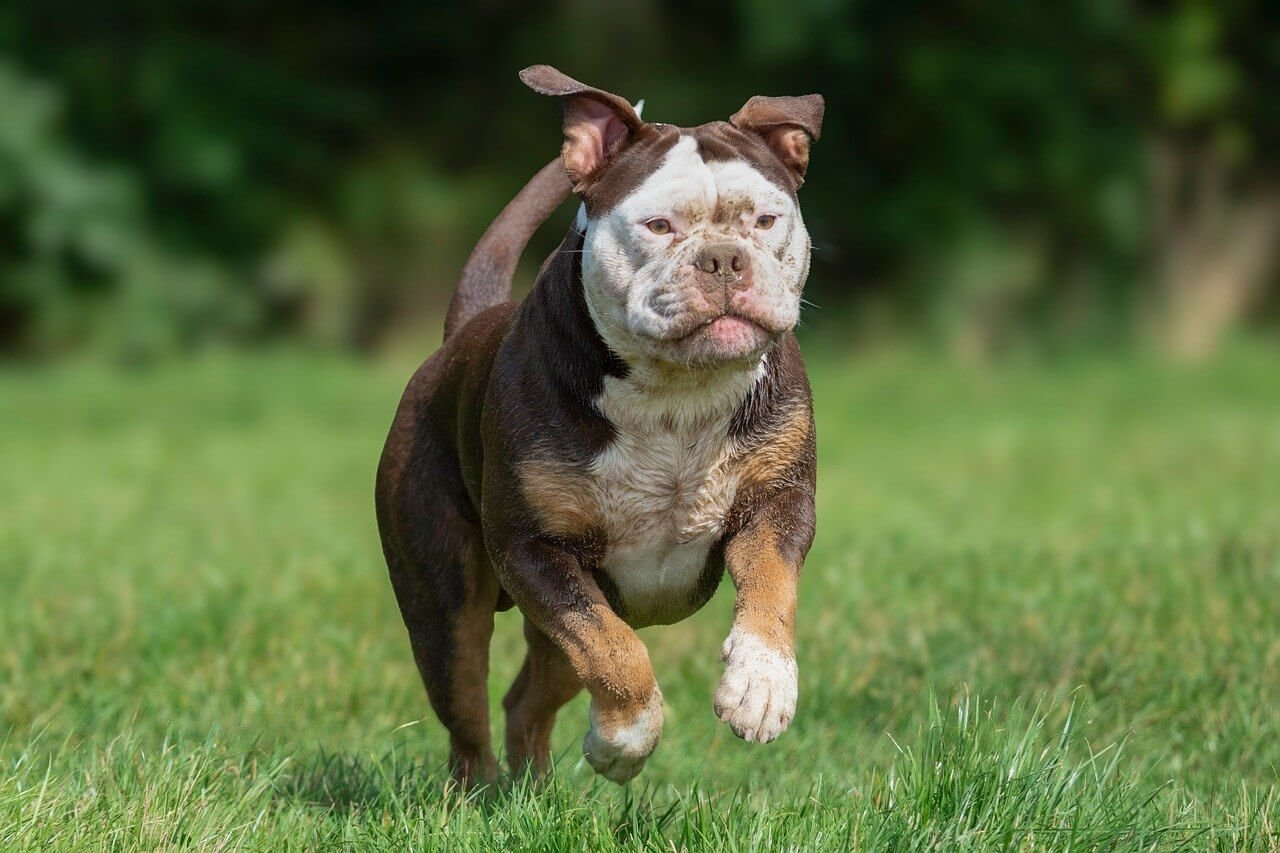Dog Cataracts Surgery Cost: What You Need to Know
Cataracts in dogs can significantly impact their quality of life by impairing their vision and, if left untreated, potentially leading to blindness. Fortunately, cataract surgery is a highly effective solution that can restore your dog’s sight and improve their overall well-being. However, one of the most common concerns for pet owners considering this procedure is the cost. From pre-surgery evaluations to post-operative care, understanding the financial aspects of dog cataracts surgery is essential for making an informed decision.
In this blog post, we’ll explore the factors that influence the cost, break down the expenses involved, and provide tips for managing the financial burden. By the end, you’ll have a clear picture of what to expect and how to prepare for this important investment in your dog’s health.
Factors That Affect the Cost of Dog Cataracts Surgery
The cost of cataract surgery for dogs can vary significantly based on several factors. Understanding these variables will help you better anticipate the expenses and plan accordingly.
Severity of the Cataracts:
Early-stage cataracts may require less extensive treatment compared to advanced cases, which can increase surgical complexity and cost.Size and Breed of the Dog:
Larger breeds or dogs with specific anatomical challenges may require more time and resources during surgery.Location of the Veterinary Clinic:
Costs tend to be higher in urban areas or regions with a higher cost of living.Surgeon’s Expertise:
Board-certified veterinary ophthalmologists typically charge more due to their specialized skills and experience.Type of Procedure Performed:
Advanced techniques like phacoemulsification (a common cataract removal method) may come with a higher price tag than simpler procedures.
By considering these factors, you can gain a clearer understanding of why costs vary and make an informed choice about where and how to proceed with treatment.
Breakdown of Expenses for Dog Cataracts Surgery
Cataract surgery involves multiple stages, each contributing to the overall cost. Here’s a detailed breakdown of what you can expect to pay:
Initial Consultation and Diagnosis:
A thorough eye exam, including tests like ultrasound or electroretinography, helps determine if surgery is viable.Pre-Surgical Bloodwork and Tests:
These ensure your dog is healthy enough to undergo anesthesia and surgery.Surgical Procedure Costs:
This includes the surgeon’s fees, use of specialized equipment, and the operating room itself.Anesthesia and Monitoring:
Safe administration of anesthesia and continuous monitoring during surgery are critical components of the procedure.Post-Operative Care and Medications:
Follow-up visits, pain management, and medications like antibiotics or anti-inflammatory drugs are necessary for recovery.
Understanding these costs upfront can help you budget effectively and avoid unexpected financial surprises.
Check this guide 👉Understanding Soft Palate Surgery in Dogs: Best 7 Tips!
Check this guide 👉Understanding Dog Oral Surgery: Best 7 Health Tips!
Check this guide 👉Understanding TPLO Surgery and Dog Recovery: Best 7 Tips!

Expense Category | Estimated Cost Range (USD) |
|---|---|
Initial Consultation and Diagnosis | $150 – $300 |
Pre-Surgical Tests and Bloodwork | $100 – $250 |
Surgical Procedure | $2,500 – $4,500 |
Anesthesia and Monitoring | $300 – $600 |
Post-Operative Care and Medication | $200 – $500 |
Ways to Manage the Cost of Dog Cataracts Surgery
While cataract surgery can be expensive, there are ways to manage the financial burden without compromising your dog’s care. Here are some practical strategies to consider:
Pet Insurance:
Many pet insurance plans cover a portion of the surgery costs if cataracts are diagnosed after the policy starts.Payment Plans or Financing Options:
Some veterinary clinics offer payment plans, or you can explore third-party financing options like CareCredit.Non-Profit Organizations:
Certain charities and organizations provide financial assistance for pets with medical needs.Shop Around for Clinics:
Compare prices and services offered by different veterinary ophthalmologists to find the best value.Save for Emergencies:
Setting aside funds in an emergency savings account can help you prepare for unexpected veterinary expenses.
By exploring these options, you can reduce the financial strain and focus on your dog’s recovery and well-being.
Signs Your Dog May Need Cataracts Surgery
Recognizing the signs of cataracts early can help you address the issue before it worsens. Here are some indicators that your dog may benefit from cataract surgery:
Cloudy or Blurry Eyes:
A visible haze or cloudiness in the eyes is a telltale sign of cataracts.Bumping Into Objects:
If your dog struggles to navigate familiar spaces, it could indicate vision impairment.Reluctance to Move in Low Light:
Dogs with cataracts often have difficulty seeing in dim environments.Excessive Pawing at the Eyes:
This behavior may signal discomfort or irritation caused by cataracts.Changes in Behavior:
Increased anxiety or withdrawal can result from declining vision and frustration.
If you notice any of these signs, schedule a vet appointment promptly to discuss treatment options.
Benefits of Early Cataract Surgery for Dogs
Addressing cataracts early can significantly improve your dog’s quality of life and reduce the risk of complications. Here are some key benefits of opting for surgery sooner rather than later:
Preservation of Vision:
Early intervention prevents cataracts from progressing to complete blindness, giving your dog a better chance at restored sight.Reduced Risk of Secondary Conditions:
Untreated cataracts can lead to issues like glaucoma or retinal detachment, which are painful and harder to treat.Improved Mobility and Confidence:
Clear vision helps your dog navigate their environment more easily, reducing anxiety and boosting their confidence.Better Surgical Outcomes:
Early-stage cataracts are often easier to remove, leading to smoother surgeries and faster recovery times.Enhanced Bond with Your Dog:
A dog that can see clearly is more likely to engage in play and interaction, strengthening your bond.
By acting promptly, you can ensure your dog enjoys a happier, healthier life with minimal disruption.
Common Misconceptions About Dog Cataracts Surgery
There are several myths surrounding cataracts surgery for dogs that may cause hesitation among pet owners. Here are some common misconceptions and the truth behind them:
“Cataracts Are Just a Normal Part of Aging.”
While cataracts are more common in older dogs, they are not inevitable and should always be evaluated by a vet.“Surgery Is Too Risky for Older Dogs.”
Age alone is not a barrier; many senior dogs undergo successful surgeries with proper pre-operative care.“Medication Can Cure Cataracts.”
Unfortunately, no medication can reverse cataracts—surgery is the only effective treatment.“Cataracts Surgery Is Only Cosmetic.”
Restoring vision improves your dog’s overall well-being and prevents serious health complications.“The Cost Isn’t Worth It.”
Investing in surgery can save money in the long run by preventing costly secondary conditions like glaucoma.
Understanding these truths can help you make an informed decision about your dog’s care.
Tips for Preparing Your Dog for Cataracts Surgery
Proper preparation is essential to ensure your dog’s surgery goes smoothly and their recovery is as comfortable as possible. Here are some tips to help you get ready:
Schedule a Pre-Surgical Check-Up:
Visit your vet to confirm your dog is healthy enough for anesthesia and address any concerns beforehand.Adjust Their Diet:
Feed your dog a balanced diet rich in nutrients to support their immune system and healing process.Create a Recovery Space:
Set up a quiet, comfortable area where your dog can rest without distractions during recovery.Stock Up on Supplies:
Purchase medications, an Elizabethan collar, and soft bedding to aid in post-operative care.Plan for Post-Surgery Care:
Arrange time off work or enlist help to monitor your dog closely during their initial recovery period.
By preparing thoroughly, you can ensure your dog has the best possible experience and outcome after surgery.
Frequently Asked Questions About Dog Cataracts Surgery Cost
How much does dog cataracts surgery typically cost?
The average cost ranges from $3,000 to $5,000, depending on various factors.
Is cataract surgery covered by pet insurance?
Many pet insurance plans cover cataract surgery, but coverage varies by provider and policy terms.
Are there alternatives to surgery for cataracts?
Unfortunately, no medication or alternative treatment can reverse cataracts—surgery is the only option.
What happens if I don’t get surgery for my dog’s cataracts?
Untreated cataracts can lead to blindness and increase the risk of complications like glaucoma.
How long is the recovery period after surgery?
Most dogs recover within 2-4 weeks, but full healing may take up to 6 weeks with proper care.
Final Thoughts: Investing in Your Dog’s Vision and Happiness
While the cost of dog cataracts surgery may seem daunting, it’s an investment in your dog’s health, comfort, and quality of life. Restoring their vision not only improves their ability to navigate the world but also enhances their confidence and happiness. By understanding the factors that influence the cost, exploring financial solutions, and recognizing the signs of cataracts early, you can make the best decision for your furry companion. Remember, your veterinarian is your greatest ally in navigating this journey, so don’t hesitate to ask questions and seek guidance. With the right care and support, your dog can enjoy many more years of clear vision and joyful moments by your side.
Dog Tapeworm Life Cycle: Best 7 Expert Tips! – Learn how tapeworms infect dogs, spot symptoms, and break the cycle with expert prevention strategies.
Anxious Cat Body Language: Best 7 Expert Tips! – Learn to spot signs of stress, understand triggers, and help your cat feel safe and relaxed.
Anxious Dog Body Language: Best 7 Expert Tips! – Learn to spot signs of anxiety, respond effectively, and help your dog feel safe and secure.
Is Breeding Dogs Bad? Best 7 Expert Tips! – Explore the ethics, benefits, and risks of dog breeding to make informed decisions for a better future.





